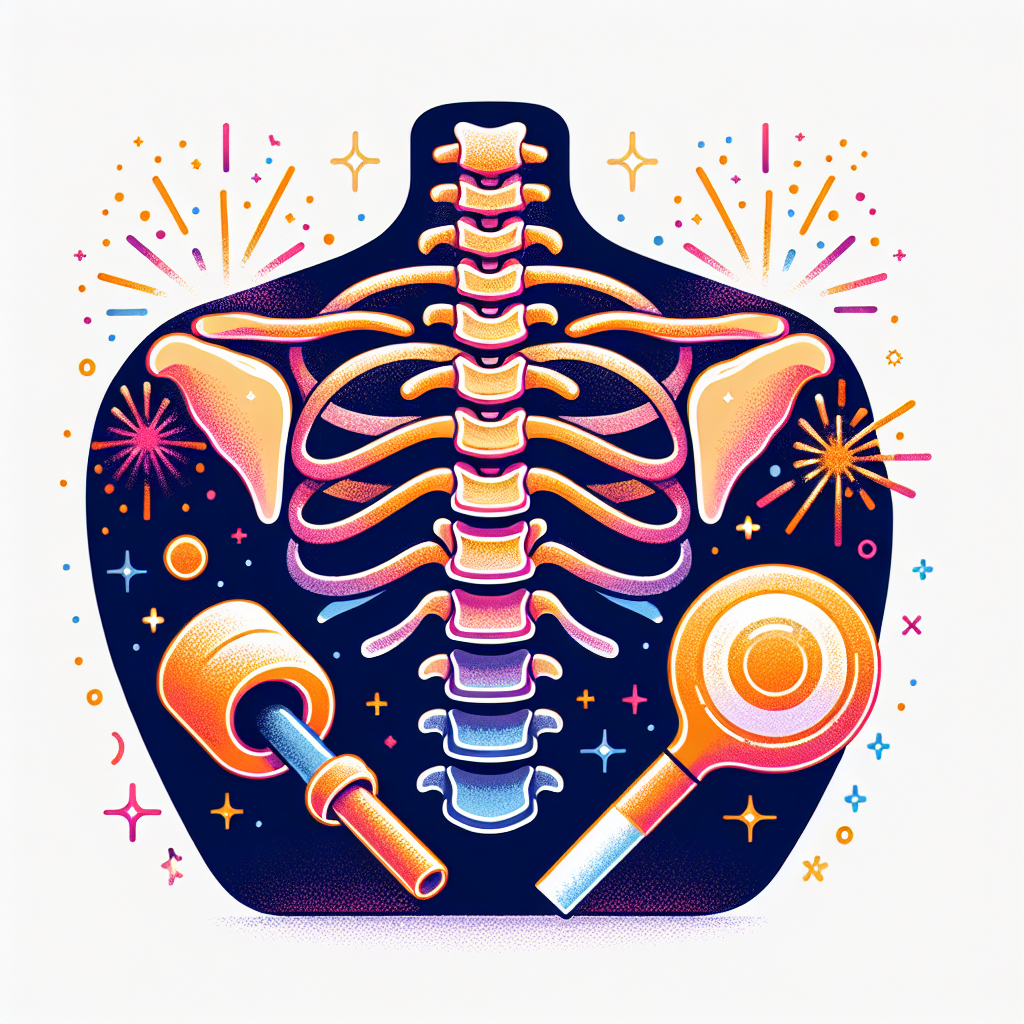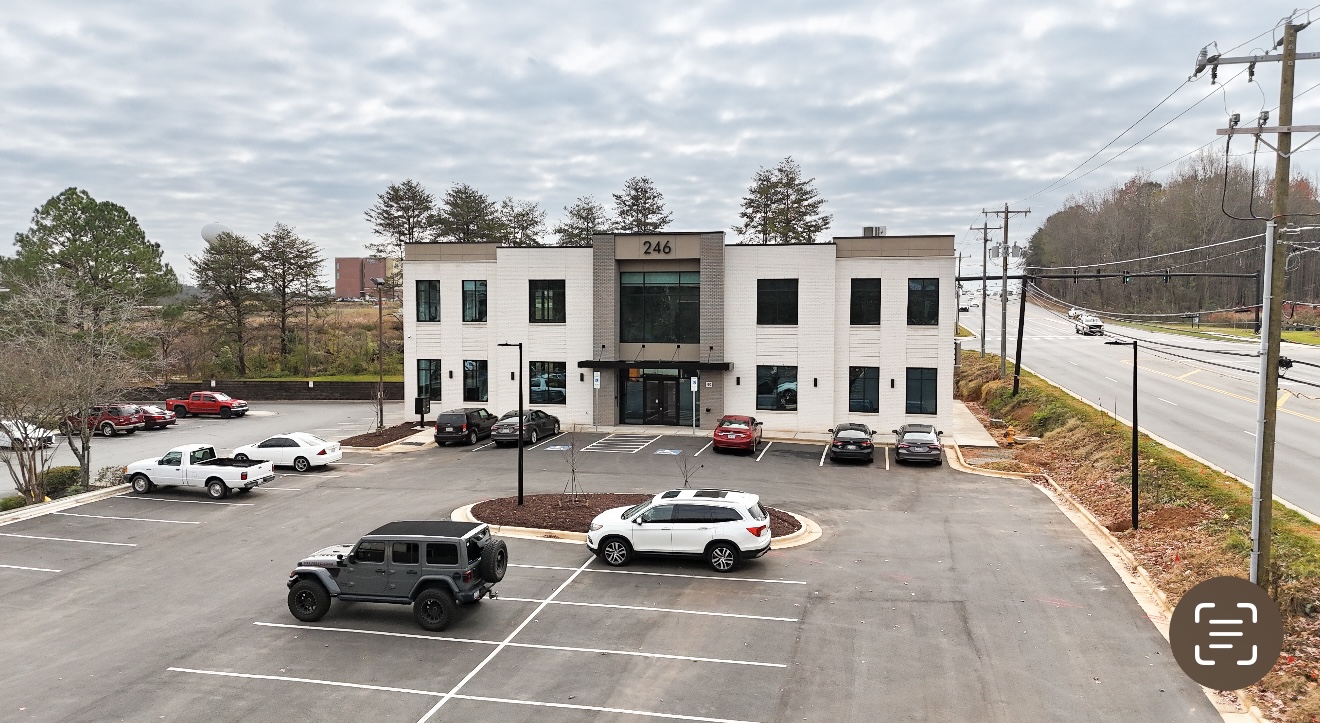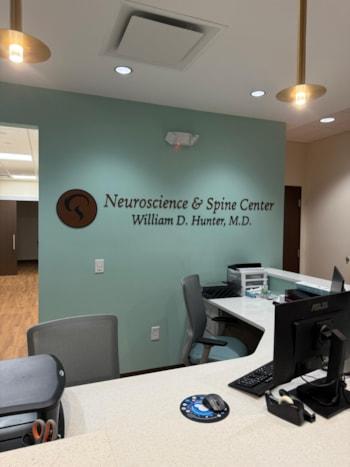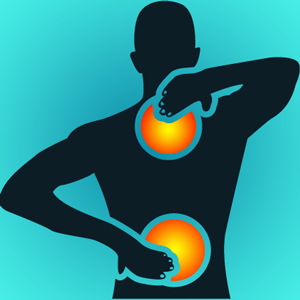Age: 65
Hometown: Polkville, N.C.
Surgeon: Dr. William Hunter of Neuroscience and Spine of the Carolinas, Gastonia, N.C.
Procedure: XLIF®
Levels treated: L3-5
Surgery date: June 9, 2011
“I’m so grateful to be able to do simple things like walk and bend down.” – Lillie
Life prior to surgery:
Lillie’s back problems started in her late 20s after she sustained an injury while helping her sister move furniture. She immediately felt a sharp pain in her back and in the subsequent years struggled with sporadic episodes of pain. She tried various conservative treatments like physical therapy, exercise, pain medication and visits to a chiropractor, but all failed to provide relief. A sneeze or cough would aggravate her pain. Eventually her pain worsened to the point where she could barely move, and she had to rush to the emergency room several times and was put on pain medication. In the last year prior to surgery, she was forced to be in bed half the day. The debilitating pain meant that she couldn’t enjoy activities like painting because she couldn’t stand or sit for long periods of time. Eventually, Lillie’s primary care physician referred her to Dr. William Hunter. She underwent an MRI which revealed a severe back condition. Dr. Hunter recommended back surgery, but Lillie was fearful of having the surgery at first. She had support of her family and friends, was willing to try anything and had a lot of faith in Dr. Hunter.
Situation today:
Lillie had a successful XLIF® on June 9, and she went home the day after surgery. She experienced some post-op incision pain but could immediately notice that her chronic back pain had disappeared. “The pain wasn’t the same type of pain as it was before.” Recovery was slow, but each week she felt improvement. She started physical therapy one month after surgery and found the exercises very helpful. Now, she feels wonderful; she is able to walk around and frequently walks on the treadmill. Lillie was even able to go on vacation with her husband only four months post-op. She is now off all pain medications, with the exception of a muscle relaxer, and she can finally attend church and go to movies again!



 Many people enter the new year already dealing with lingering neck or back pain and simply learn to live with it. Pain that lasts longer than a few weeks, continues to return, or interferes with daily activities is not normal and should be evaluated.
Many people enter the new year already dealing with lingering neck or back pain and simply learn to live with it. Pain that lasts longer than a few weeks, continues to return, or interferes with daily activities is not normal and should be evaluated.
 246 Beatty Drive, Suite 100
246 Beatty Drive, Suite 100 Under the leadership of
Under the leadership of  We look forward to welcoming patients to our new Belmont office in January 2026.
We look forward to welcoming patients to our new Belmont office in January 2026.